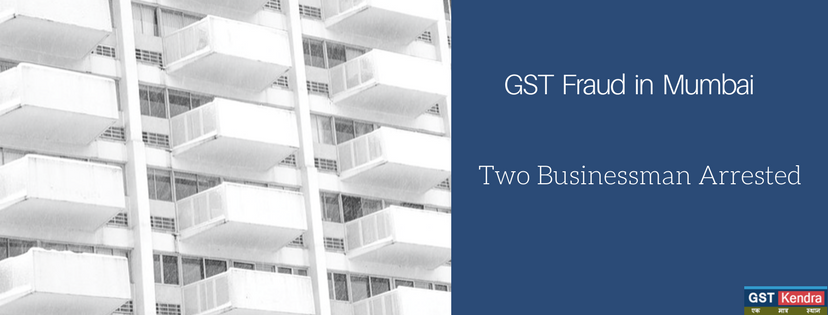With the introduction of GST, there has been a lot of confusion about the different aspects of this tax regime that combined nine existing taxes into one. Here, we will discuss the taxable person who is liable to register under this law. Any person who carries any business at any location in India and is registered or needed to get registered under the GST Act is defined as a taxable person. Person refers to an individual, company, firm, HUF, a government company, BOI, AOP, co-operative society, government, trust, local authority, artificial juridical person, and a body corporate incorporated under the laws applicable in a foreign country.
Who Should Get Registered Under GST?
The registration under this act is mandatory for any business whose turnover exceeds Rs. 20 lakhs in a financial year. This limit is Rs. 10 lakhs for North Eastern and Hill states. However, this clause is not applicable if your turnover includes supply of only those goods that are exempted under GST. Apart from this, persons who are liable for GST registration include:
- Anyone registered under an earlier tax law, be it VAT, Excise, Service Tax, or any other law. Migration is mandatory for every taxable person.
- If a business was registered but transferred to another entity or person, the transferee should initiate registration with effect from this date (of transfer).
- Non-resident taxable person
- Anyone involved in the inter-state supply of goods. It refers to the supply of goods or services from one state to another by a taxable person.
- Persons paying tax under RCM or Reverse Charge Mechanism.
- An e-commerce operator, aggregator, or someone supplying goods through this e-commerce aggregator.
- A person supplying OIDAR
- Agents working with a supplier
- Casual Taxable Persons
- Input Service Distributor
Here, the meanings of these taxable persons are explained:
Casual Taxable Persons:
It refers to a person who occasionally supplies goods or services and has no definite place of business. For example, the temporary firecracker shop set up at the time of festivals or a person in Bangalore supplying consultancy services in Noida without any place of business. This person will be treated as a taxable person liable to register in Noida.
Non-Resident Taxable Persons:
If a non-resident taxpayer occasionally supplies goods or services at a place in India which is covered under GST laws without any fixed place of business, the person is liable for registration. This person will be treated as a taxable non-resident.
Persons Paying Taxes under RCM:
The liability for making payments under GST lies with the supplier in most of the cases. However, this liability rests with the recipient in some cases. These transactions are called as reverse charge and a person required to pay taxes under this mechanism should seek GST registration.
Input Service Distributor:
It refers to the supplier of goods and services who gets tax invoices for receiving input services and also issues a specified document for distribution of credit of state tax, central tax, union territory tax, or integrated tax paid on these services to a supplier.
E-Commerce Aggregator:
E-commerce refers to the supply of goods or services through a digital network. The person who owns, operates, or manages this platform id compulsorily required to get GST registration irrespective of the business turnover.
Persons Supplying Through E-commerce Aggregators:
Those persons who supply goods or services through e-commerce operators are required to get registered under GST. However, this clause does not apply to the supplies in which the aggregator or operator has to collect tax at source on the behalf of a supplier.
Persons Supplying OIDAR:
A person who supplies Online Information or Database Access or Retrieval (OIDAR) services should also obtain GST registration if the supply takes place from a place outside India to a person residing in India.
The Rules of GSR Registration for Type of Taxable Persons:
- The person is liable to apply for GST registration in the state where the person is liable. Application should be made within 30 days from the date of becoming liable to registration.
- The Registration under GST will be based on PAN. Hence, having a PAN is a prerequisite.
- Non-residents and casual persons are required to apply at least five days before the date of starting their business.
- The registration will be state-wise. Hence, taxable persons must obtain separate registration for each state.
- The taxable persons should obtain separate GST registration if working on different verticals within the same state.
Who Is Not Liable to GST Registration?
A person will be exempt from GST registration is engaged entirely in the supply of goods or services that are wholly exempt from tax are not liable for tax under GST Act. Also, this registration is not required for the agriculturists if the supply of produce from the cultivation of their land is exempt from GST. Here, agriculturist refers to an individual or HUF engaged in cultivation of land by own labour, by family’s labour, by servants working on wages paid in cash or kind, or by hired labour working under the supervision of own or a member of the family.


